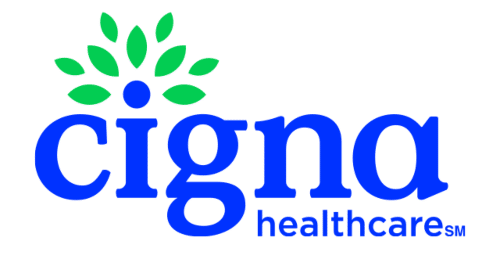Do you know that 31.9 million Americans use illegal drugs, and 25.4 percent of this population has a drug disorder? And over 139 million Americans over the age of 12 drink alcohol. Some of them do get treatment but not all, which means there are still several people suffering from the effects of drug addiction.
Top 10 most common addictions:
- Tobacco
- Alcohol
- Marijuana
- Painkillers
- Cocaine
- Heroin
- Benzodiazepines
- Stimulants
- Inhalants
- Sedatives
Those people who have been through hell and back know how difficult it is to overcome addiction. It could take months or years to get over substance abuse completely. Some of them even go through relapse.
Thankfully, there is treatment available to help people overcome and eliminate drug addiction in their life. There is always a way out and help is everyone for everyone. It will take time, but you will succeed if you have a good support group and a family always willing to help.
How Do You Get Addicted?
Most people know that substance abuse will do them no good, and yet they still try it. Why? They probably thought that they could get away with it whenever they wanted to.
It usually starts with friends that want to try something new or exciting. You want to feel what it’s like to try cocaine or marijuana, so you finally try the drug and suddenly get an energy boost.
You’ve never felt anything like it. You like its effects. You like the feeling until the effect wears off.
If you’ve tried using drugs with friends, chances are another friend encouraged you to try some more. And you did, probably thinking you won’t get addicted to it.
Until you realize that it’s too late to stop.
Why it’s so hard to Quit
When you first tried cocaine or marijuana, you didn’t really expect that you’d get addicted. While some know how to control their addiction, most people can’t.
There are a lot of factors that make quitting addiction so challenging. Your body gets used to the effects of the drug that alters the chemicals in your brain.
Addiction normally affects the frontal cortex of your brain, so you can’t make a sound judgment.
How it works:
When you use drugs, the amount of dopamine in your brain increases; it can give you feelings of pleasure, making you feel good all the time. By consistently using drugs, the brain gets more dopamine.
More dopamine means more feelings of intense pleasure, even more than what your brain is used to. As a result, the brain compensates and produces less.
Because you’re so used to the drug, your brain may no longer be able to give you enough dopamine, leading to a mental or physical crash. People with addiction problems may feel depressed, and the only thing to make them feel better is to keep using the drug.
You have an addiction problem when you take drugs to feel good or normal again.
If this is how you’ve been feeling, it’s time to get some help.
Drugs and Withdrawal Symptoms
When you become addicted to certain substances, the brain adjusts to the presence of this drug. You will become dependent on this because it makes you feel good and normal.
People who are extremely dependent on the drug often develop withdrawal symptoms due to the absence of a certain substance. You will experience withdrawal symptoms when you suddenly stop using the drug or reduce your drug use.
Common withdrawal symptoms include:
- Sweating
- Diarrhea
- Nausea
- Dehydration
- Increased blood pressure
- Vomiting
- Runny nose
- Muscle cramps and tension
- Insomnia
- Poor concentration
- Increased heart rate
- Restlessness
- Irritability
- Seizures
- Anxiety
- Depression
For some people, it can be dangerous to quit suddenly. It’s best to get professional help to help best cope with your withdrawal symptoms.
Commitment to Change
The first step towards successfully overcoming an addiction is a commitment to quit drug abuse. You have to decide that you want to quit and then do that.
Seek help if you’re struggling with withdrawal symptoms or a need to use drugs again. Having a clear objective can help you become more successful.
You may have to do it one step at a time. If you’re a heavy drinker or smoker, consider having only one drink or cigarette a day, and see what happens.
Reducing and gradually eliminating the substance can lead you to success.
The process will take a while — months or even years, depending on your commitment to eliminating the substance.
Always celebrate small wins to make you more motivated to do better.
How to Avoid Relapse
A strong urge or drug cravings may suddenly come to you months or years after quitting drugs. With the right treatment and support, there are ways to cope with intense cravings without giving in to them.
As much as possible, never think it’s okay to try it one more time, even just once. A single cigarette or drink could lead to you regularly using the substance again.
Speak with a professional to help you overcome strong urges and cravings.
Work on your Recovery
It’s difficult to quit an addiction, but you can, with the right treatment, support group and treatment. You can get a fresh start in life so long as you commit to overcoming drug addiction.
Recovery may be challenging, but you can do it. There is nothing you can’t overcome so long as you believe in yourself.
Thankfully, there is always help available to those struggling with drug addiction. There are rehabilitation programs, drug detox, and addiction treatment available for people suffering from drug addiction. If you want to know more about taking your first step towards wellness, get in touch with us.


















